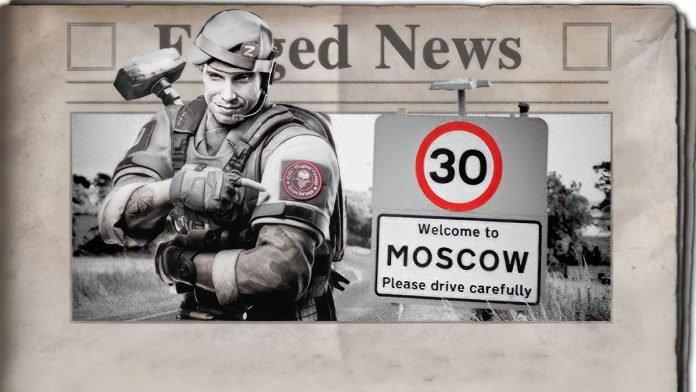Russia is a riddle wrapped in a mystery inside an enigma. -Winston Churchill
Famously, Winston Churchill defined Russia as “a riddle, wrapped in a mystery, inside an enigma,” and his words in 1939 spoke eloquently to the Western sense of Moscow as the “other” – an inscrutable and menacing land that plays by its own rules, usually to the detriment of those who choose more open regulations or not as the case may be.
In the past few days, we’ve certainly seen a riddle and a mystery if not the enigma…you cannot help but feel a sense of bewilderment when confronted with the paradoxes presented in this latest stage of the Russian/Ukraine war. But come on somebody has to ask, what the hell just went down?
On one hand, we were bombarded with reports of the Wagner group’s displacement, allegedly stretching from the front lines in Ukraine to a distance of over 800 kilometres just less than 200 kilometres outside Moscow, a severe blow to the Russian forces, or was it?
American officials saw the episode as proof of Putin’s eroding strength. The chaos presented perhaps the strongest challenge to his iron-fisted authority in his decades of leading the country.
Prigozhin publicly assailed Putin’s rationale for the war and was labelled a traitor. Hours later as his soldiers inched closer to Moscow, Prigozhin agreed to end his brief insurrection for retirement in Belarus.
A Changing of the Guard in Russia: The Chilling Prospects for Ukraine and Beyond
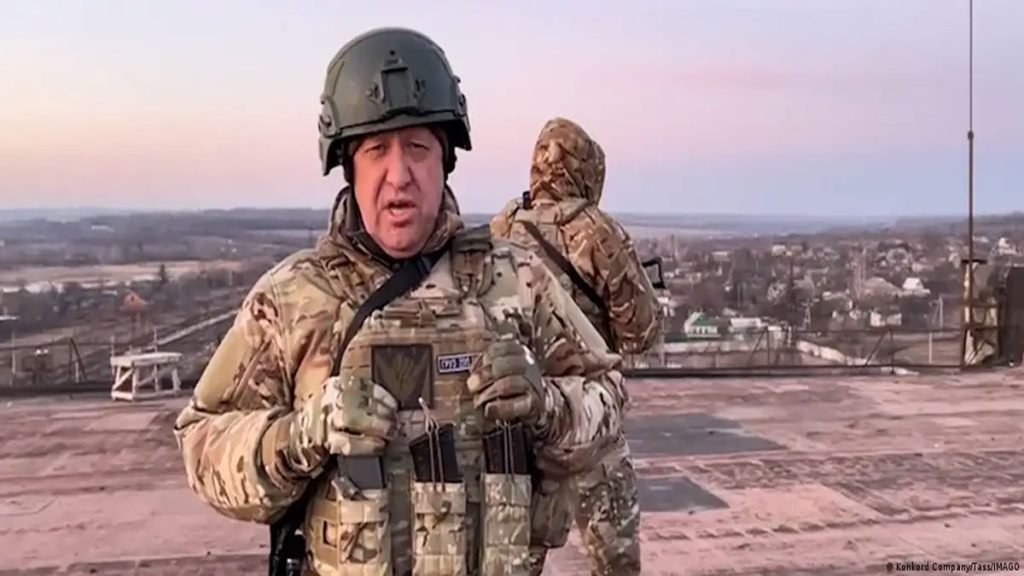
We are constantly bombarded with claims that this is the final chapter for Putin and that Russia stands at the precipice of a leadership transition. Yet, beneath the surface, lies a disconcerting reality. If indeed a changing of the guard were to occur, ushering in a figure powerful enough to overthrow Putin, it raises a chilling question: What guarantees that this individual would not unleash a wave of total war against Ukraine or, even more alarmingly, against all those who dare to oppose the might of Mother Russia?
Let us speak frankly. In the event of a coup, it is highly unlikely that the orchestrators would align themselves with pro-Western ideologies, relinquishing their hold on Ukraine. Instead, such a development would likely prompt a fierce response from the country’s generals, who would undoubtedly perceive it as a direct threat to their sovereignty and rally against what they consider an act of treachery. The consequences of such a power shift could be catastrophic.
Missed Opportunities: Why Didn’t Ukraine Exploit the Wagner Rebellion?
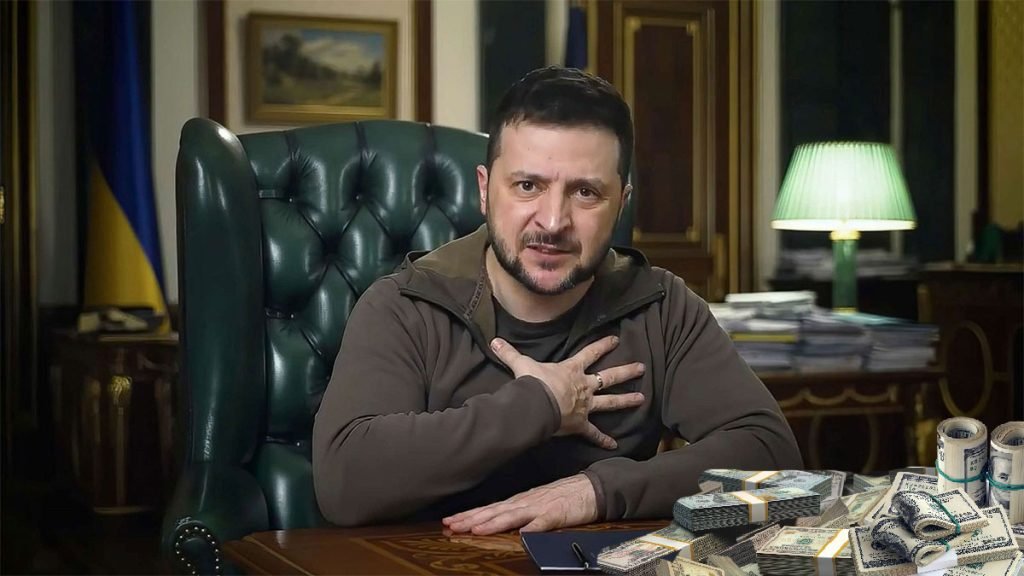
Ukraine’s president, Volodymyr Zelensky, said he discussed the weekend’s turmoil in Russia in a phone call with the US president, Joe Biden, on Sunday and that the events had exposed the weakness of Vladimir Putin’s rule.
In a statement, Zelenskiy called for global pressure to be exerted on Russia and said that he and Biden had also discussed expanding defence cooperation with an emphasis on long-range weapons. As tensions continue to escalate, this development raises yet another disconcerting prospect in the ever-intensifying conflict.
However, beyond the realm of political rhetoric and aggressive posturing where the rattling of sabres drowns out sensibility, we look at the effects of this rebellion outside Russia. Here we need to look at how this has changed the dynamics of the Ukrainian frontline.
The Ukrainian Frontline Enigma: Unveiling the Summer Offensive’s Stagnation
The Ukrainian offensive’s lack of progress has raised eyebrows and prompted us to delve deeper into the enigma before us. Even though this is supposed to be the Ukrainian much talked about summer offensive there is little to no advancement.
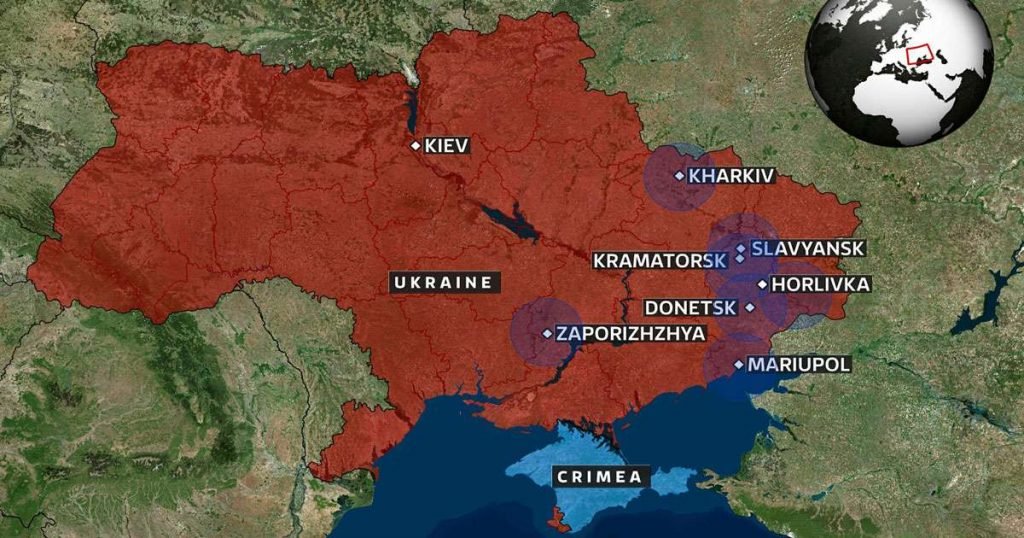
We find yet more paradoxes and contradictions. We find a Ukrainian offensive mired in a quagmire, unable to consolidate any significant gains or make substantial advancements.
Citing unnamed US officials and US Secretary of State Antony Blinken, The New York Times has published, that the events of the Wagner rebellion had created potential “openings” for Kyiv to improve its position on the battlefield.
State Antony Blinken: “But all of this is likely to unroll in the coming days, in the coming weeks. To the extent that it presents a real distraction for — for Putin, and for Russian authorities, that they have to look at — sort of mind their rear, even as they’re trying to deal with the counteroffensive in Ukraine, I think that creates even greater openings for the Ukrainians to do well on the ground.”
But the Ukrainian military did not capitalize on the disorder and low morale of the Russians in the fighting zones or make progress in its long-awaited effort to reclaim territory during the rebellion in Russia by the Wagner private military company,
In a report on Sunday, the NYT quoted anonymous “American officials and independent analysts” as acknowledging that “there did not seem to be any immediate defensive gaps to exploit” in Russian lines. The article noted that “according to a preliminary analysis,” no Russian units in eastern and southern Ukraine abandoned their positions on Friday or Saturday as the attempted insurrection was in full swing.
Given these circumstances, it is difficult to comprehend how Prigozhin and his mercenary organisation, the Wagner Group, could effectively mobilize sufficient forces to pose a threat to Moscow, which is nearly a thousand kilometres away, while also managing to maintain their frontline positions without strategic manipulation and careful adjustments and yet not be noticed by enemy commanders.
Furthermore, to emphasise this on Saturday alone, Russian forces reportedly fired some 50 missiles at various targets across Ukraine.
Something indeed seems amiss, and making sense of it all becomes a perplexing task digging for any sort of truth.
US involvement?
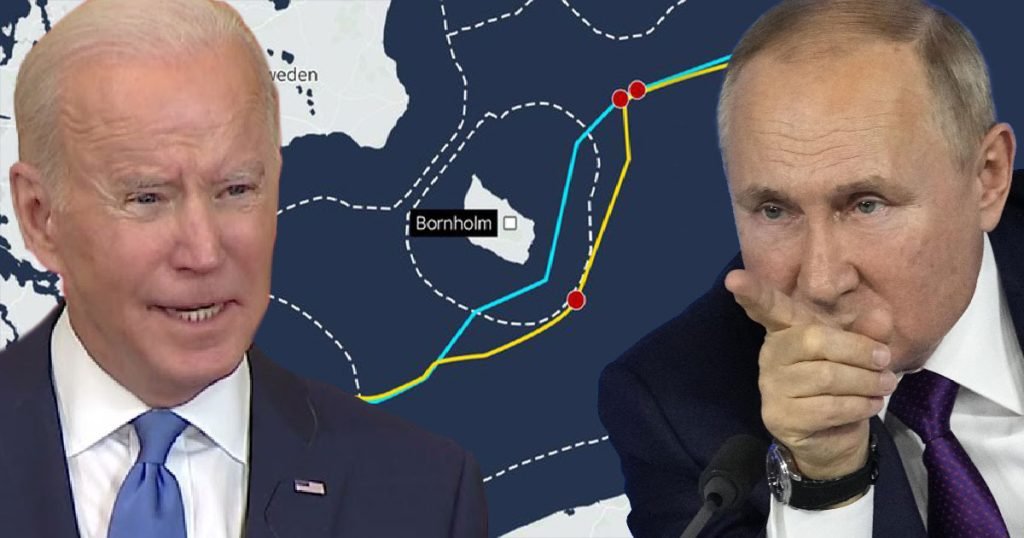
Amidst this complexity, we witness the efforts of President Joe Biden, urging allies not to lend any credibility to Putin’s claims of Western interference. Biden worries there is a palpable sense of concern that Putin may seize upon this situation as a pretext to accuse the West of nefarious intentions. That only poses the question of whether it would be wrong to make such a bold connection, after all the US has an undeniable track record in orchestrating regime change as they so politely put it.
Perhaps there are underlying factors at play. Intricacies that elude the casual observer. Geopolitical dynamics, military strategies, and hidden agendas intertwine, creating a complex tapestry that requires unravelling.
You cannot help but wonder if there is more to this story than meets the eye. Is it a case of protesting too much? Is it a case of wishful thinking? Are we being led astray by carefully crafted narratives designed to deflect attention from uncomfortable truths?
As we navigate through this labyrinth of information, all we can do is remain vigilant, questioning the narratives presented to us and seeking a more comprehensive understanding of the events unfolding before our eyes.
Let’s be honest the media are doing a very bad job of reporting this conflict. Big Brother is working overtime.
Who’s for calling it a day?
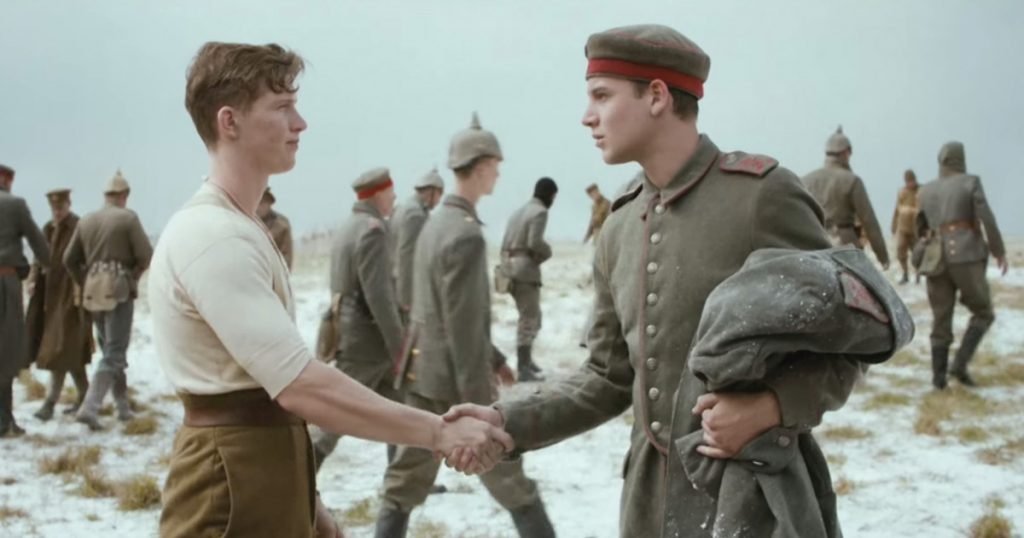
However badly this war is reported we do know one indisputable fact. Wars claim lives, leaving behind a trail of shattered families, broken communities, and irreversible devastation. Yet, amidst this grim reality, there is a dire need for the media, politicians, individuals and institutions to redirect their efforts towards fostering peace with the same zeal and commitment that fuels the machinery of war.
It is disheartening to witness the lack of equivalent fervour when it comes to seeking paths of reconciliation and lasting peace. This unfortunate reality underscores the disturbing truth that the value of human life often takes a backseat to the relentless pursuit of victory and dominance. And let us not forget, the pursuit of profit.
Russia has repeatedly blamed Ukraine for a lack of peace talks, citing a decree signed last year by President Vladimir Zelensky that prohibits talks for as long as his Russian counterpart, Vladimir Putin, remains in power.
Kyiv, in turn, put forth its own peace plan, which demands that Russia first withdraw its troops from all the territories within Ukraine’s 1991 borders.
Moscow has rejected the proposal, calling it detached from reality.
But for all right-minded people what remains true is that in the midst of this relentless chaos and suffering it is painfully clear that the time has come for a concerted effort to prioritise resolution and peace, not war…
Help Us Sustain Ad-Free Journalism
Sorry, I Need To Put Out the Begging Bowl
Independent Journalism Needs You
Our unwavering dedication is to provide you with unbiased news, diverse perspectives, and insightful opinions. We're on a mission to ensure that those in positions of power are held accountable for their actions, but we can't do it alone. Labour Heartlands is primarily funded by me, Paul Knaggs, and by the generous contributions of readers like you. Your donations keep us going and help us uphold the principles of independent journalism. Join us in our quest for truth, transparency, and accountability – donate today and be a part of our mission!
Like everyone else, we're facing challenges, and we need your help to stay online and continue providing crucial journalism. Every contribution, no matter how small, goes a long way in helping us thrive. By becoming one of our donors, you become a vital part of our mission to uncover the truth and uphold the values of democracy.
While we maintain our independence from political affiliations, we stand united against corruption, injustice, and the erosion of free speech, truth, and democracy. We believe in the power of accurate information in a democracy, and we consider facts non-negotiable.
Your support, no matter the amount, can make a significant impact. Together, we can make a difference and continue our journey toward a more informed and just society.
Thank you for supporting Labour Heartlands
